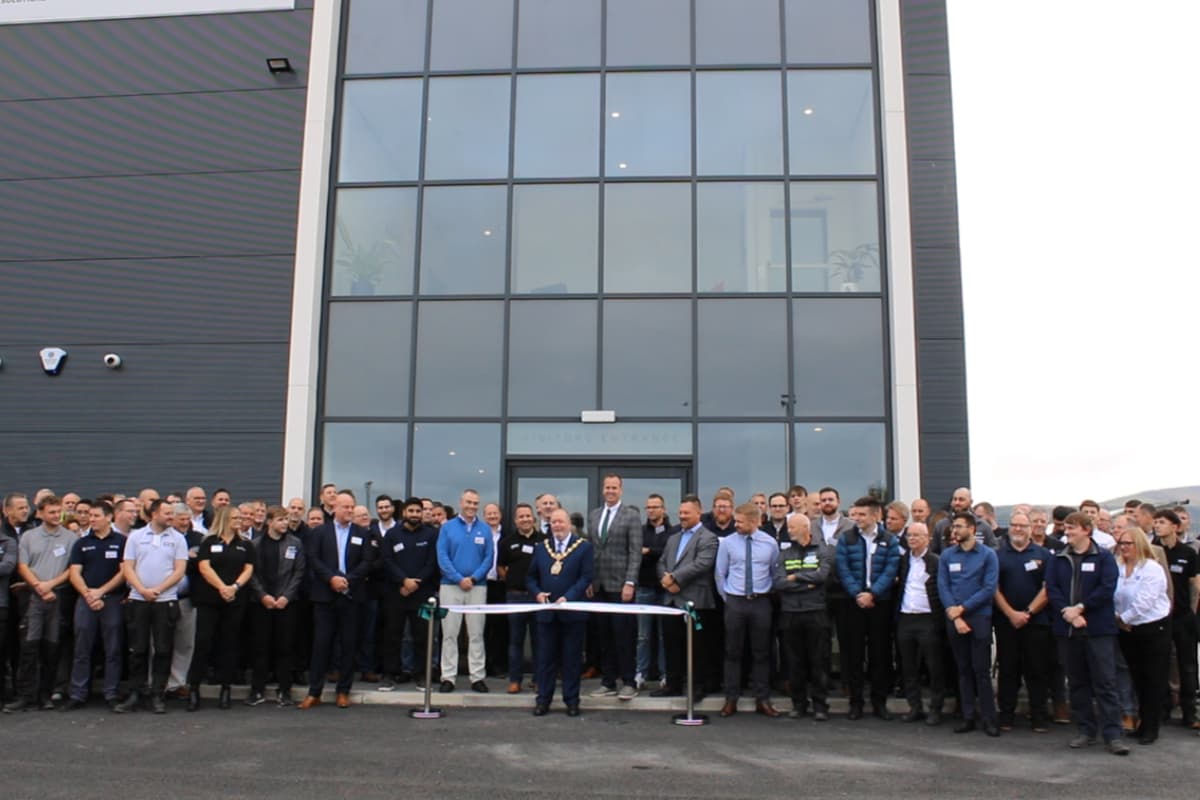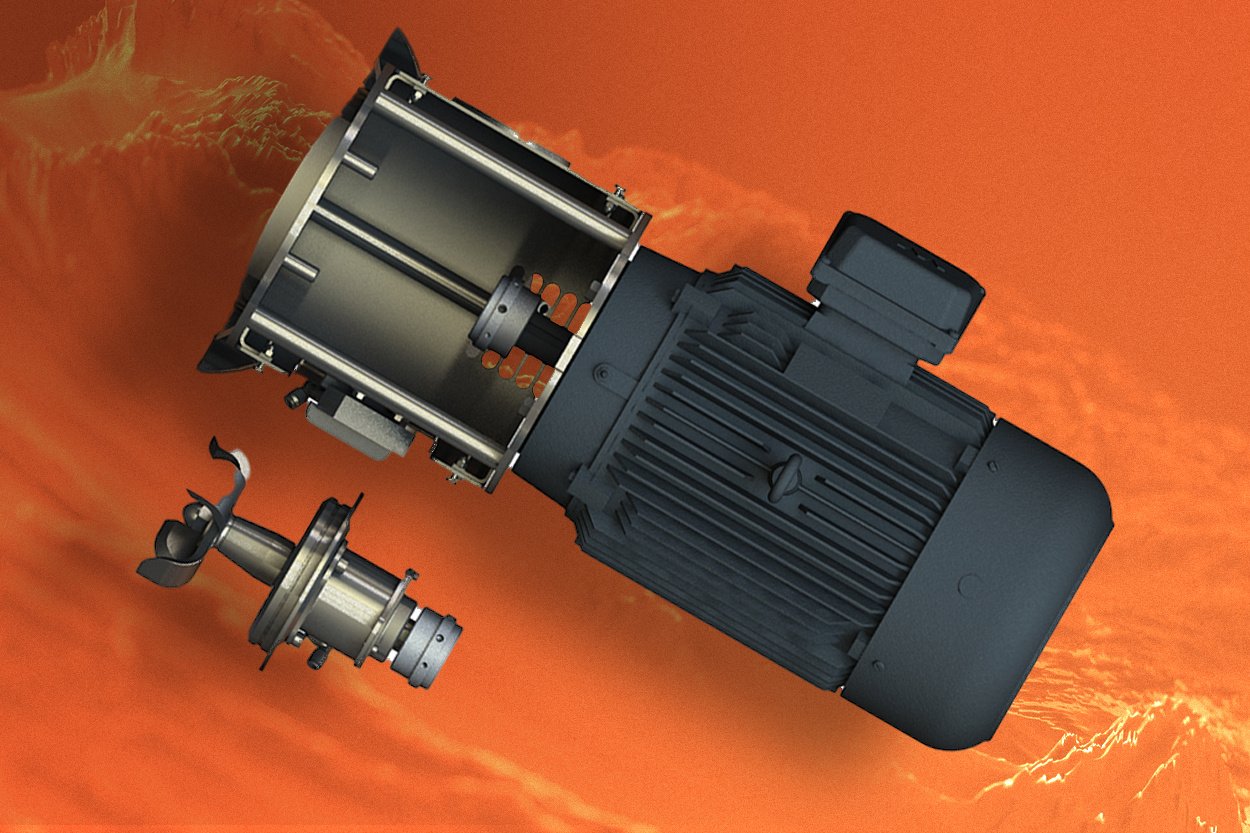 Establishing an efficient and reliable cleaning process is a challenging yet crucial task for material processors.
Establishing an efficient and reliable cleaning process is a challenging yet crucial task for material processors.
Whether your current cleaning process is 100% manual or semi-automatic, upgrading to a fully automatic Clean-in-Place (CIP) system can be a major profit booster, said Lee Girard, Senior Design Engineer at Marion.
“If you need to validate your process with a mixer, blender or similar processing equipment, having a fully automated CIP system can be a complete game-changer,” said Girard. “These systems give you a more consistent clean, which can help you pass validation faster and speed up cleaning cycles – which translates to quicker batch changes and moving more product out the door.”
In addition to increased throughput, automatic CIP systems can also help you reach higher profit margins in other ways.
Here are 4 advantages:
1. Clean and sanitize 10 times faster with repeatable results
It can take 4 to 16 hours to wash your mixer with only a spray wand – depending on your application, material type and cleaning requirements. However, with an automatic CIP system, you can get the same cleaning results in as fast as 30 minutes.
Unlike manual cleaning, where results can vary widely depending on the experience of your staff, automatic CIP systems allow you to control pressure, temperature, detergent and other settings to create a repeatable and more consistent cleaning process.
2. Increase product safety for consistent batch quality
Mixers that are not properly cleaned can build up residue, which can promote conditions where flavors, allergens and bacteria can transfer between batches and contaminate your product. The cost to your operation can add up quickly in the form of lost product or worse – lead to even more expensive headaches, such as product recalls, legal complaints or fines.
“With automatic CIP systems, there’s little to no room for human error,” Girard says. “High-pressure nozzles are strategically placed to clean and sanitize hard-to-reach places that can often go overlooked with a manual cleaning process.”
Having a more consistent and reliable cleaning process not only helps prevent these issues from occurring, but helps increase and preserve customer confidence in your brand.
3. Save time, labor and other operational resources
Less time spent cleaning your equipment means more time spent moving product. By automating the cleaning process, your staff can focus on more profitable tasks, such as sanitizing other equipment or getting ingredients ready for the next mixing campaign.
When equipment is regularly and properly cleaned, the potential for wear and tear is reduced. Having to maintain your equipment and replace parts less frequently saves money and can prevent having to take equipment offline for extended periods to make repairs.
Automating your cleaning process can also help you conserve more energy and water for additional savings compared to manual cleaning.
4. Protect your staff (and your operation) from harm
When you install an automatic CIP system, you eliminate the inherent risk of accidents and injuries with manual cleaning. This not only keeps your staff safe but also adds labor efficiency to your process, according to Girard.
“Since automatic CIP systems handle chemical dispensing and feature high-pressure nozzles inside the equipment, there’s no reason for your staff to risk their health by putting themselves in compromising situations,” Girard says.
Your staff can avoid exposure to aggressive cleaning chemicals and won’t need to enter confined, dangerous spaces, helping to lower liability concerns.
Interested in learning more about Marion’s TotalClean CIP System?




